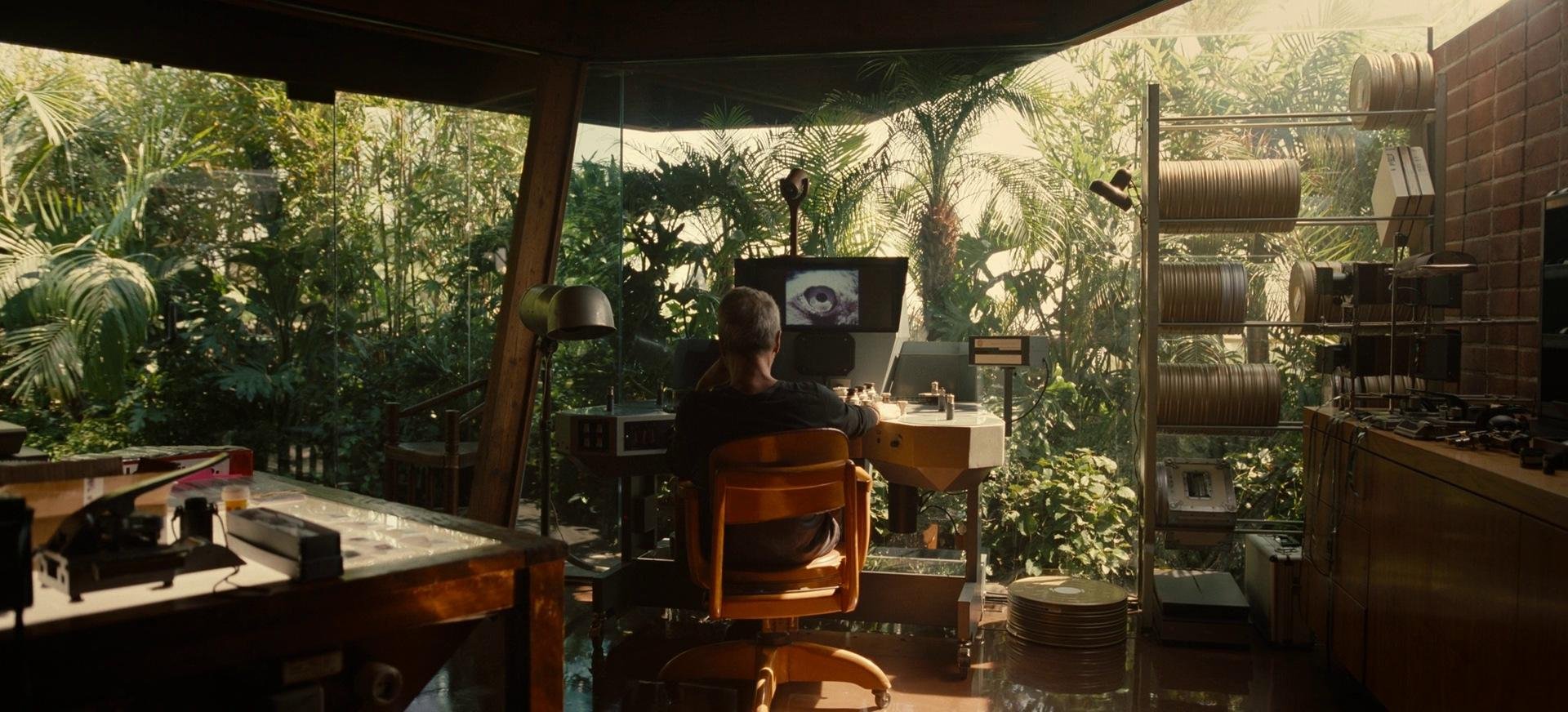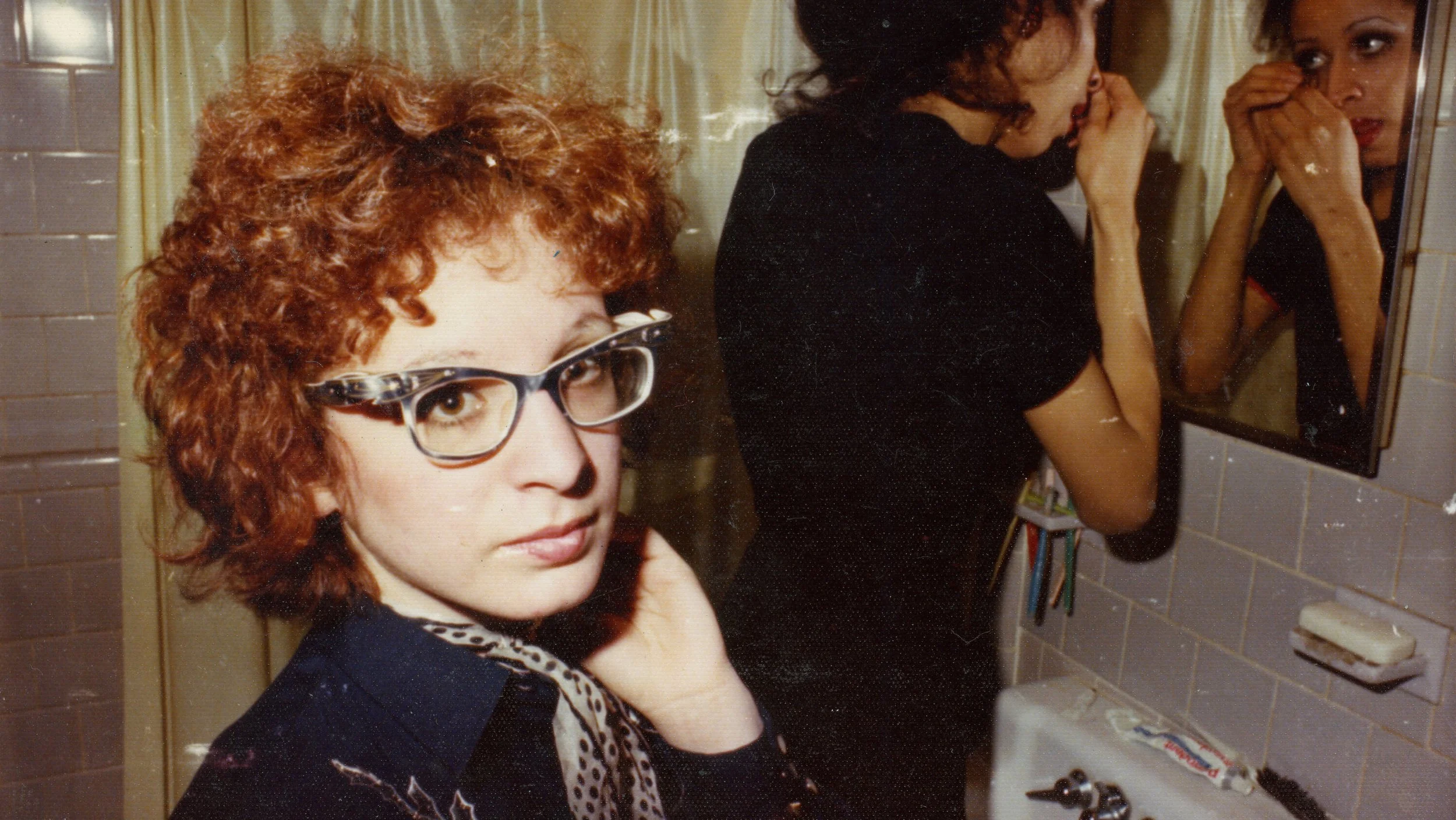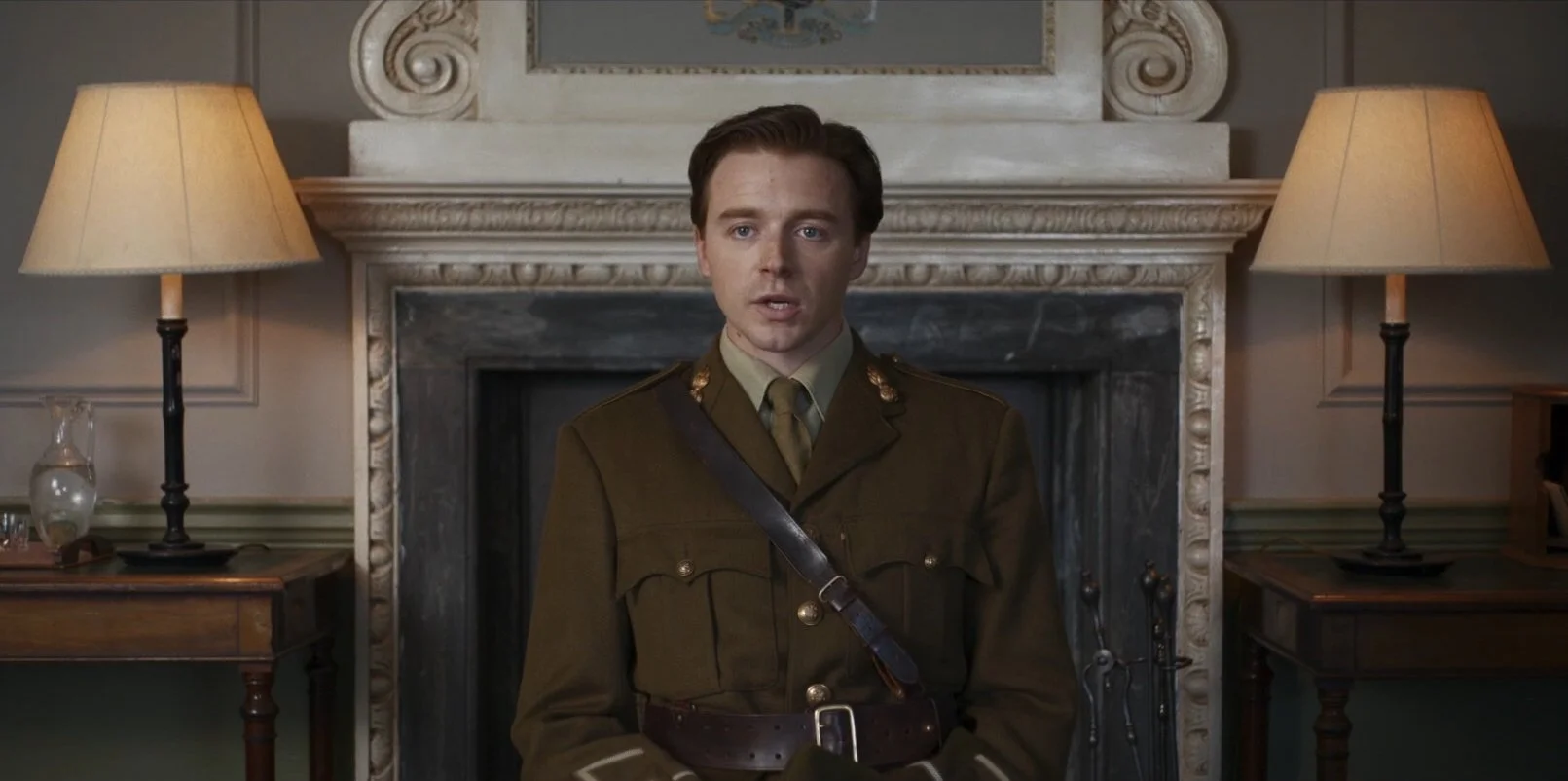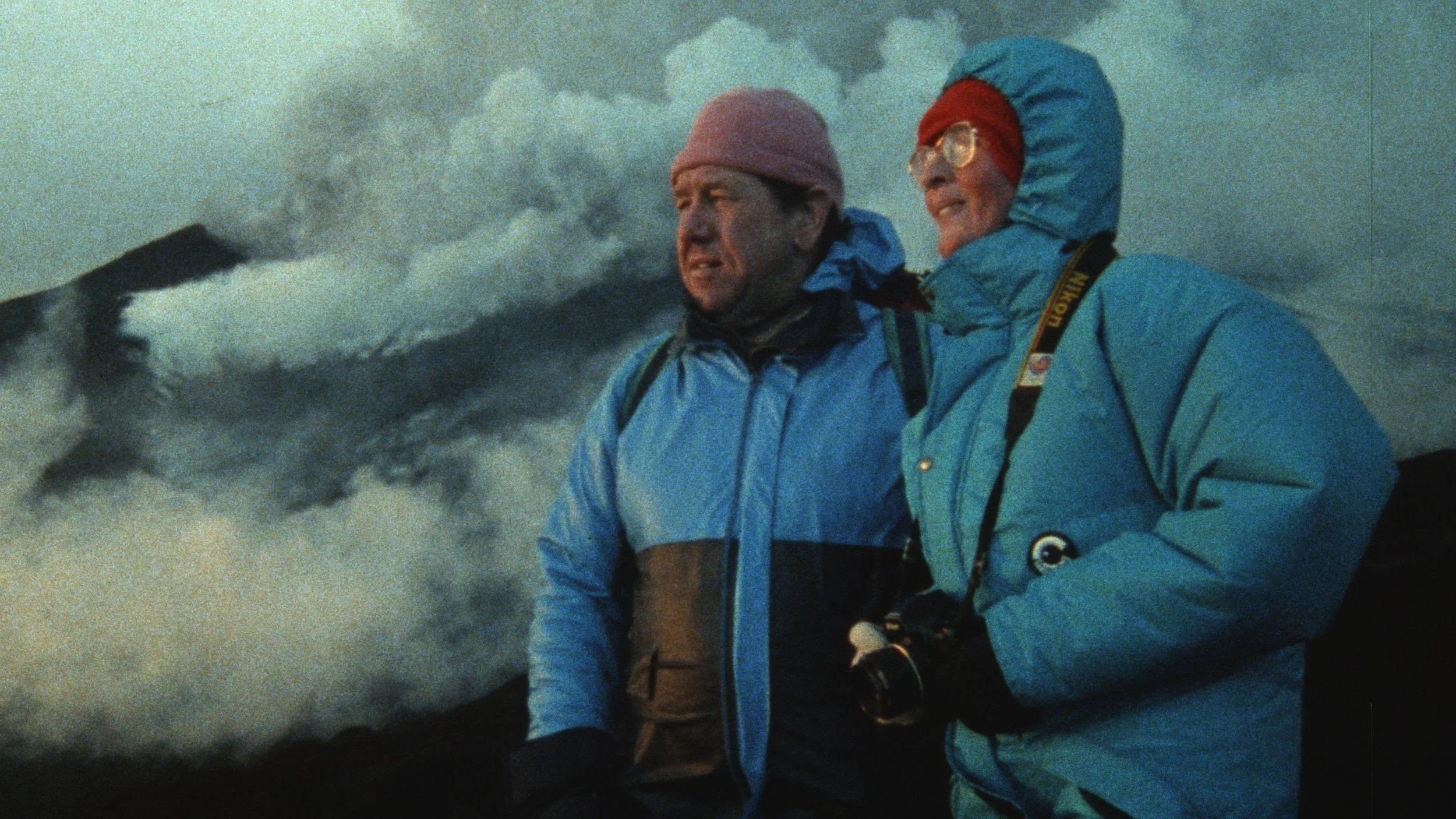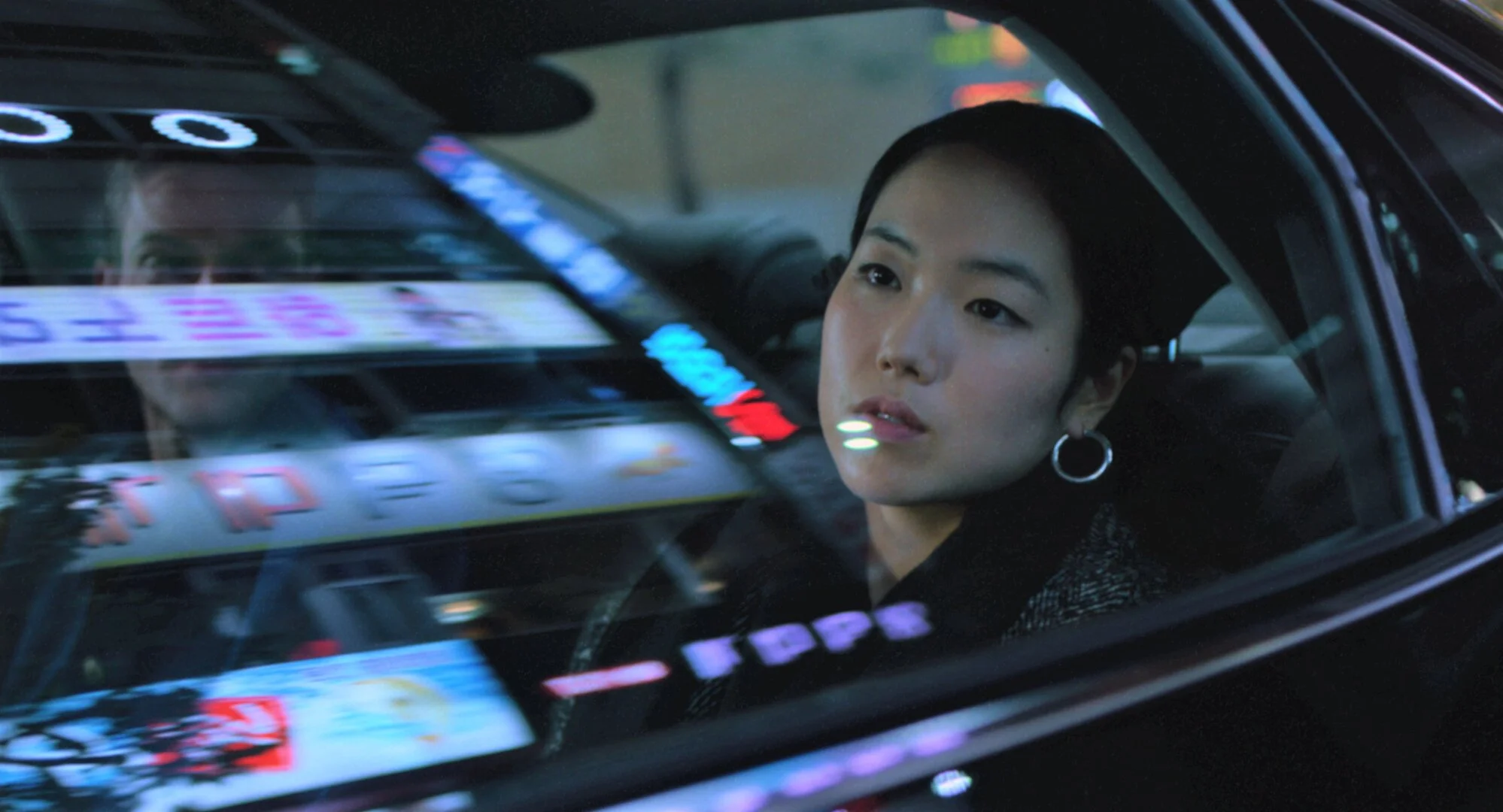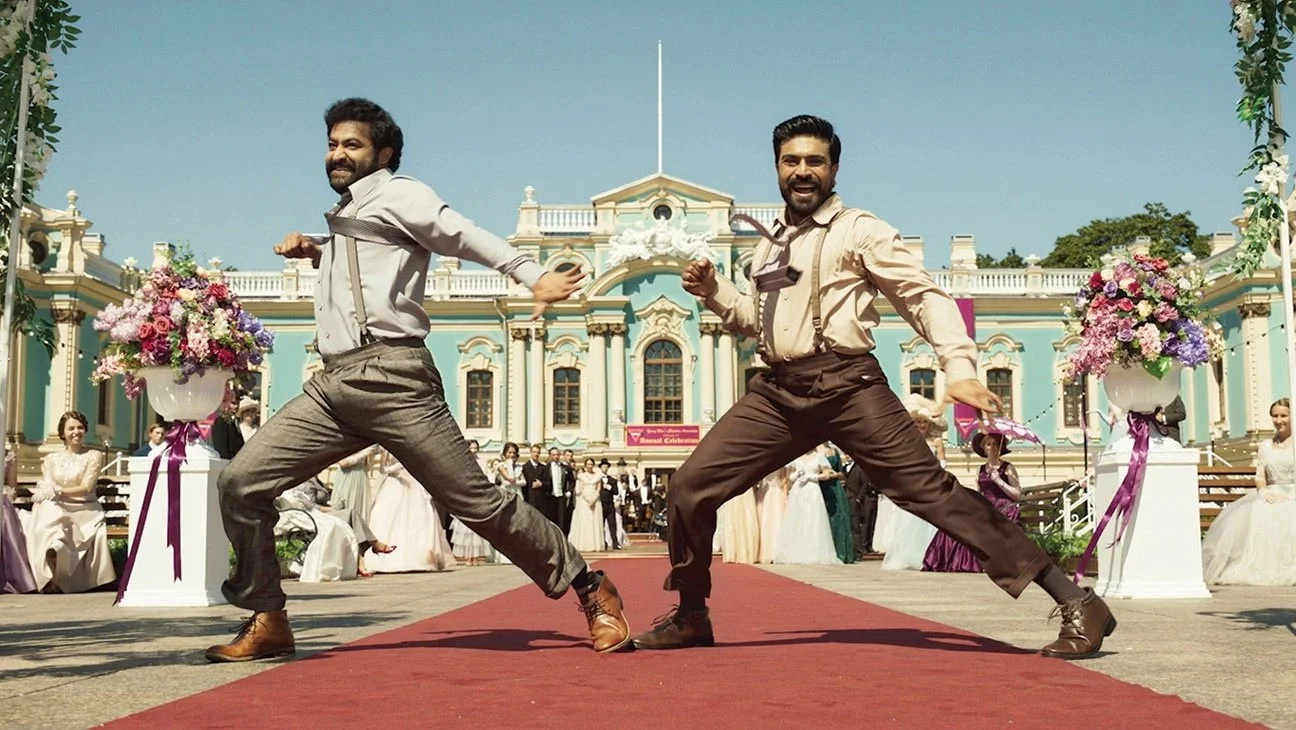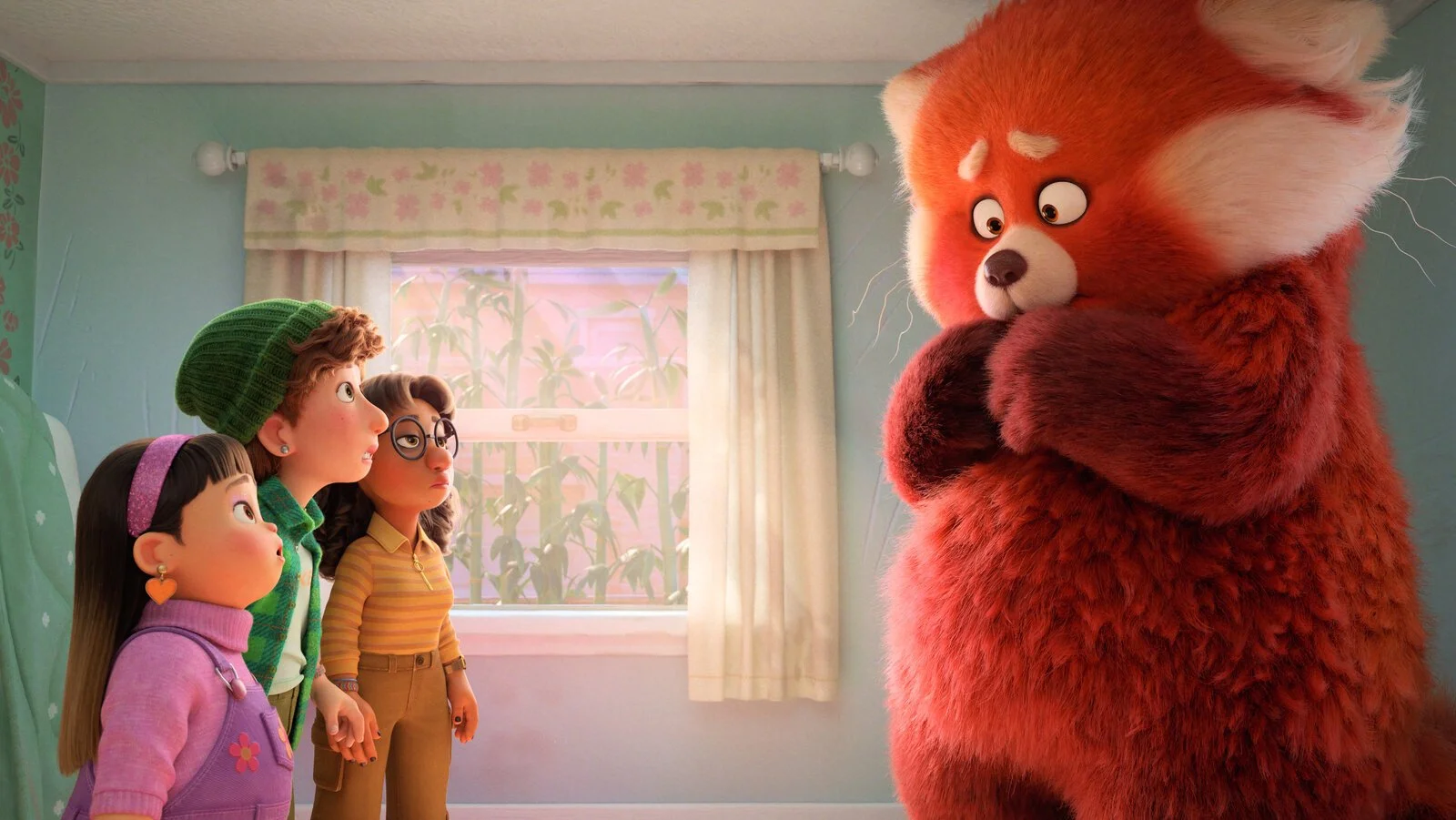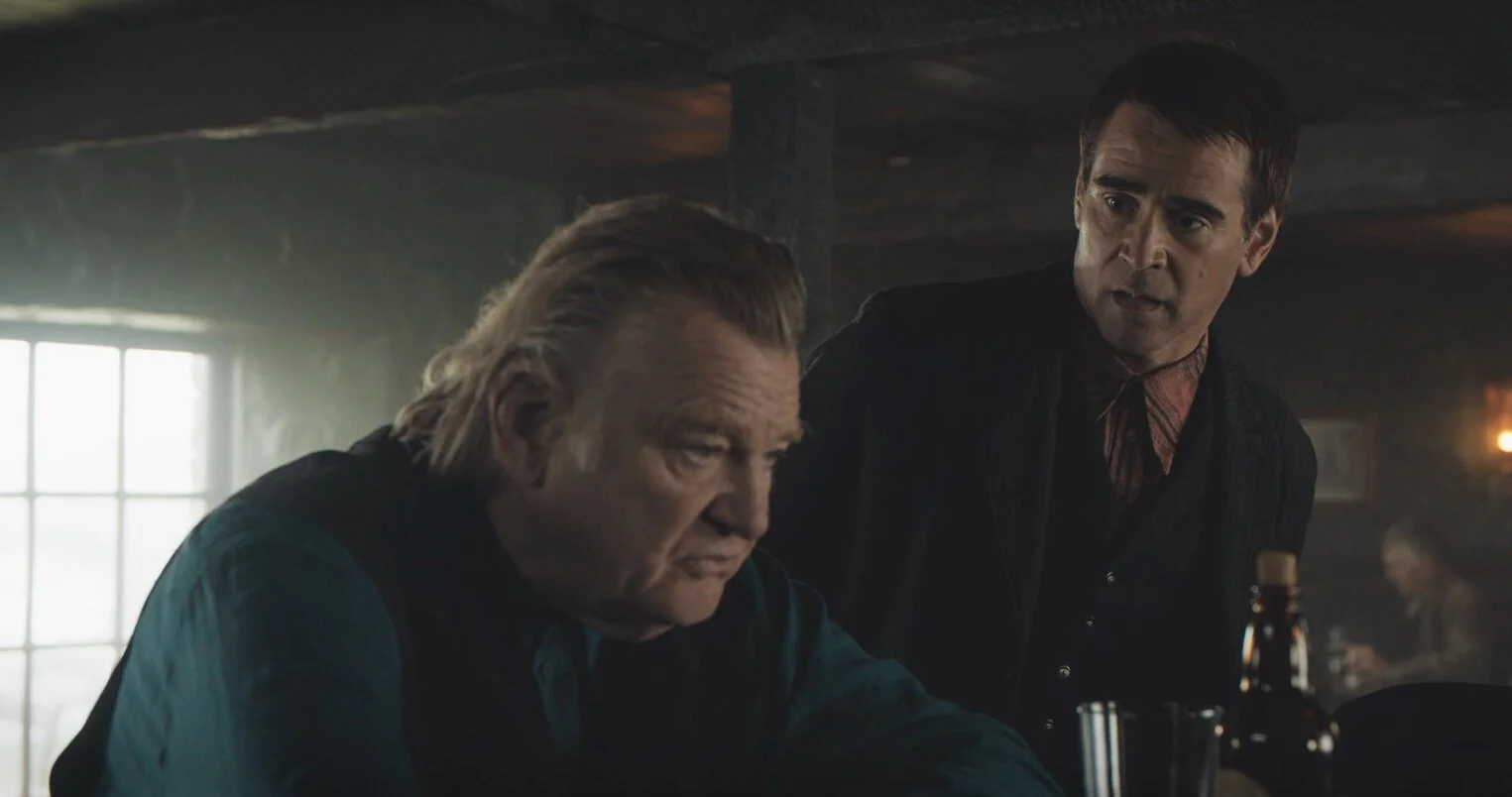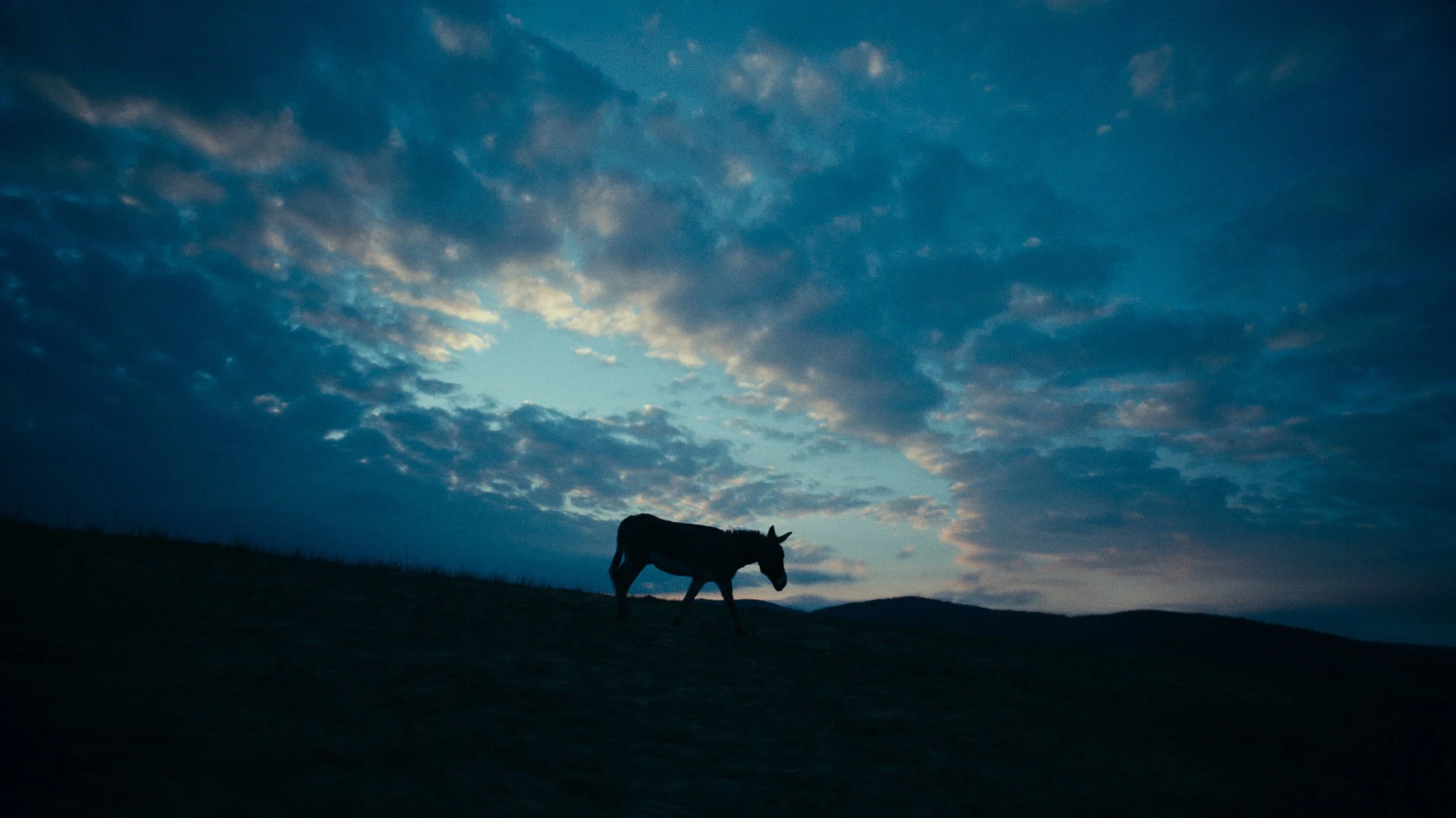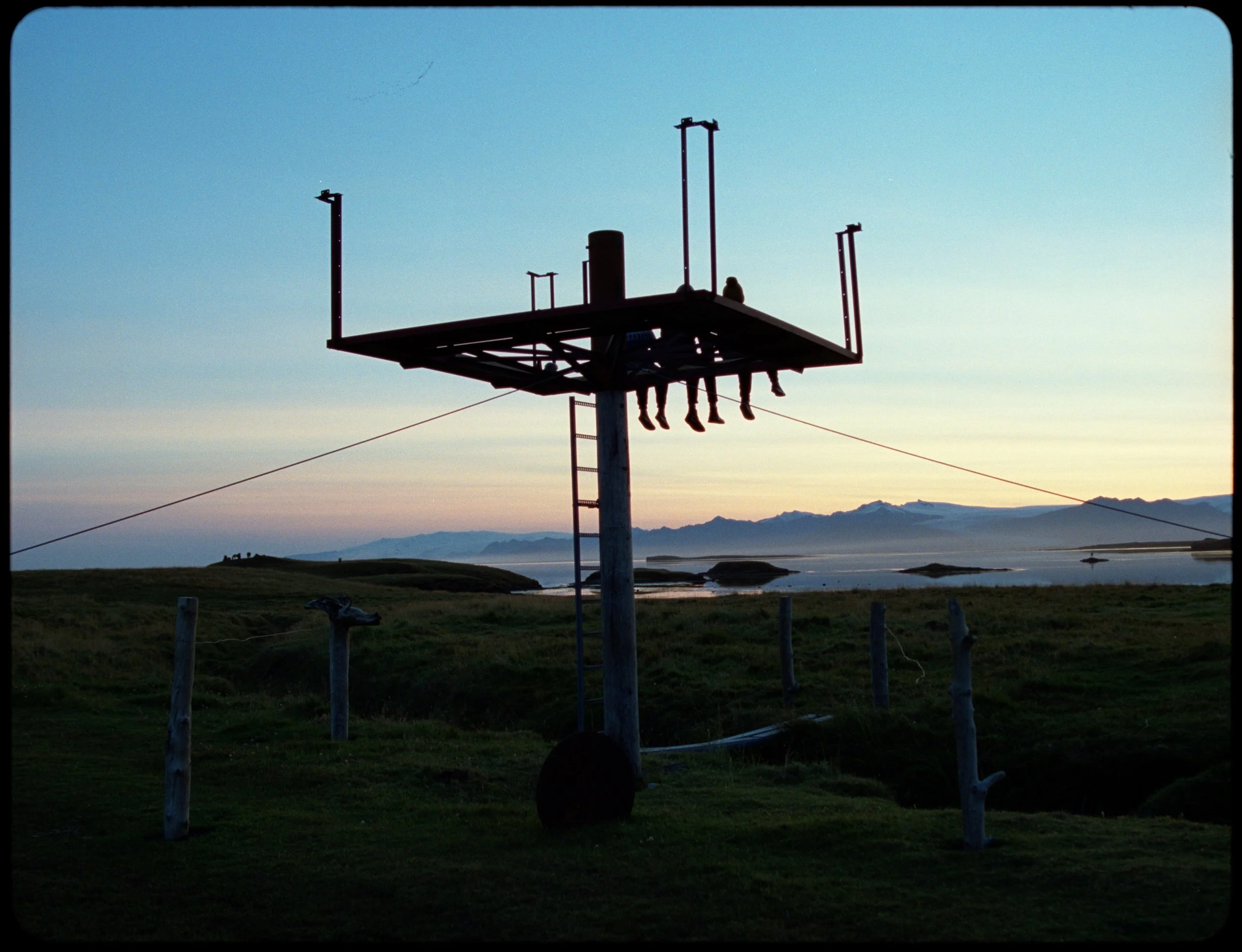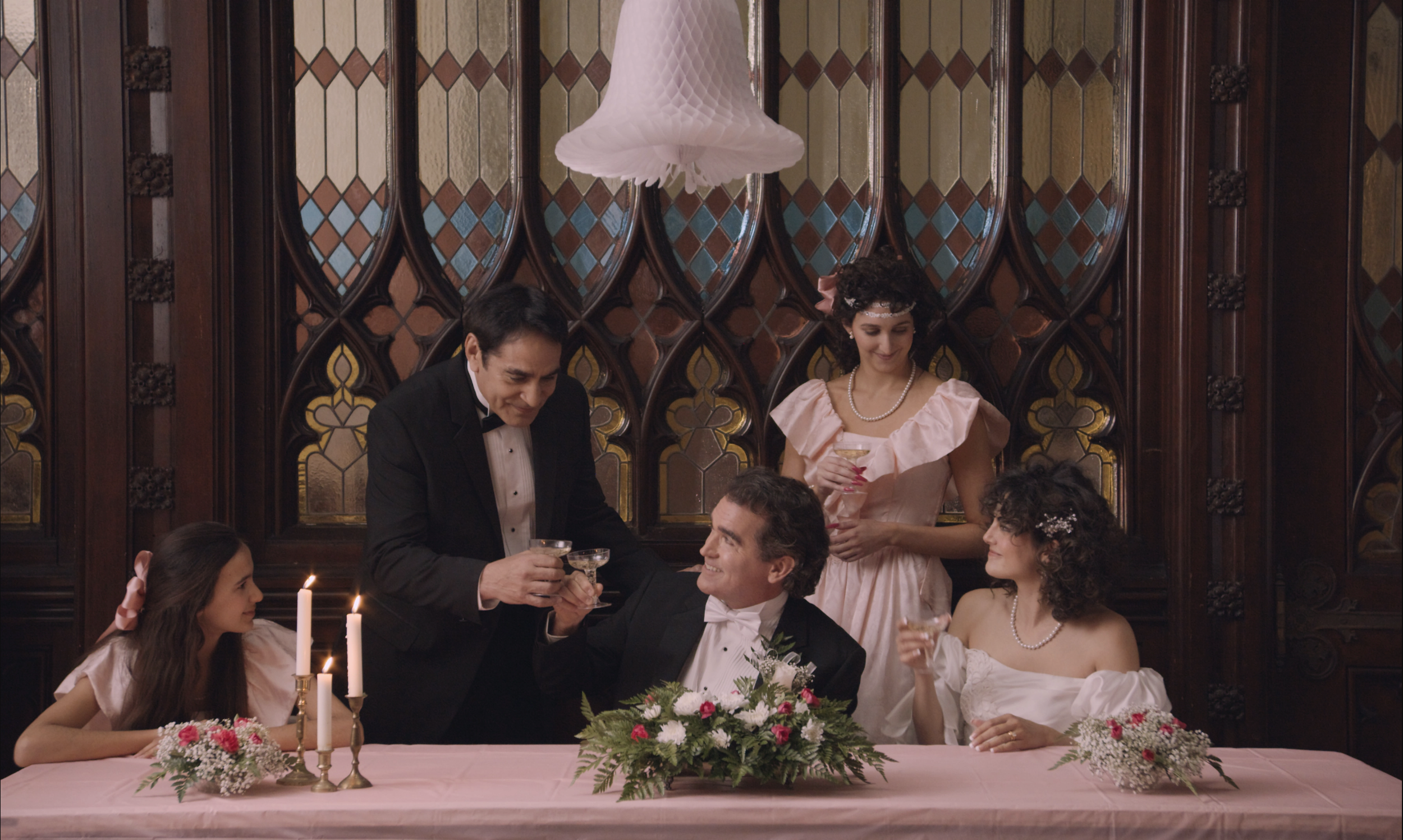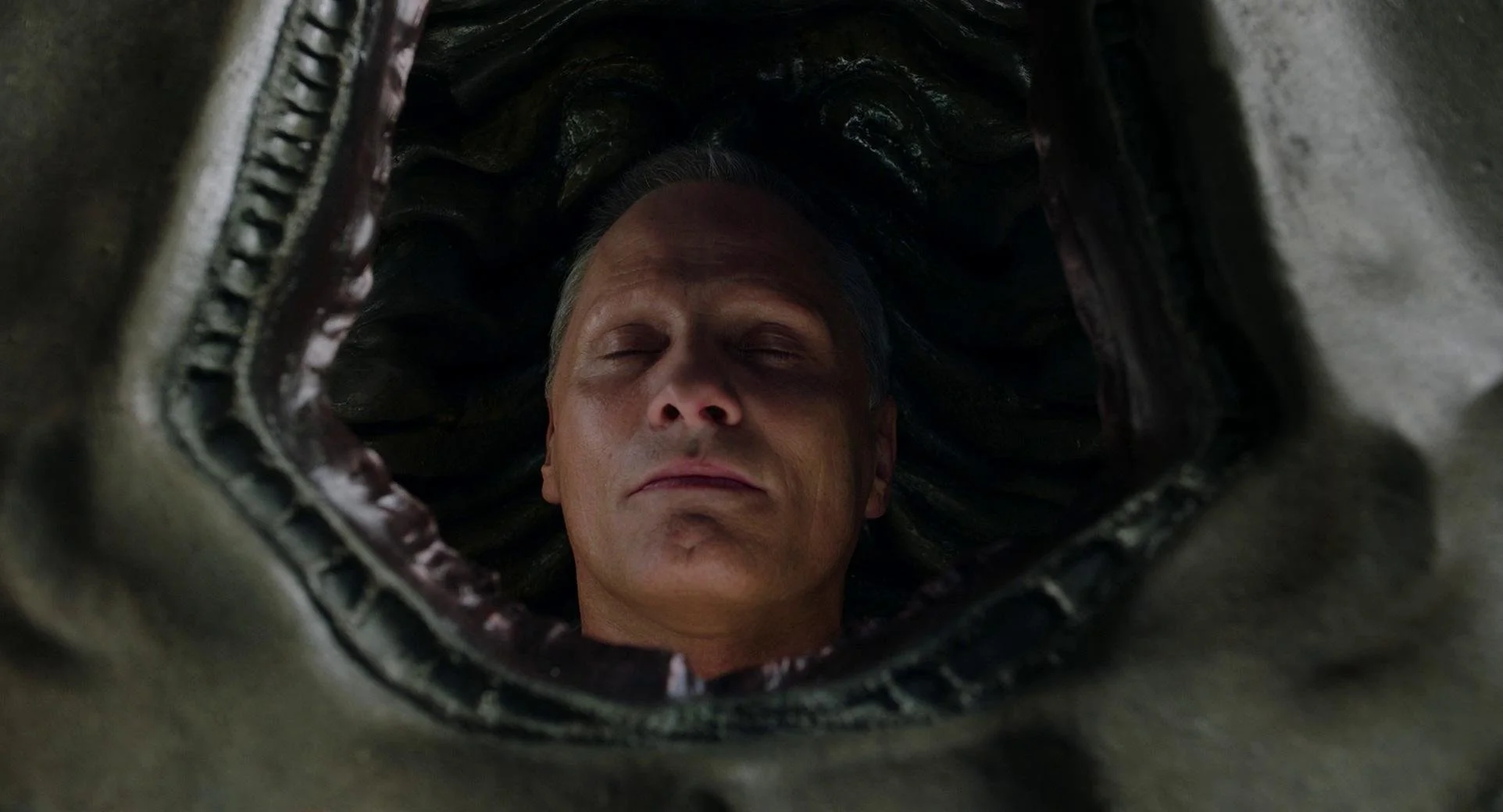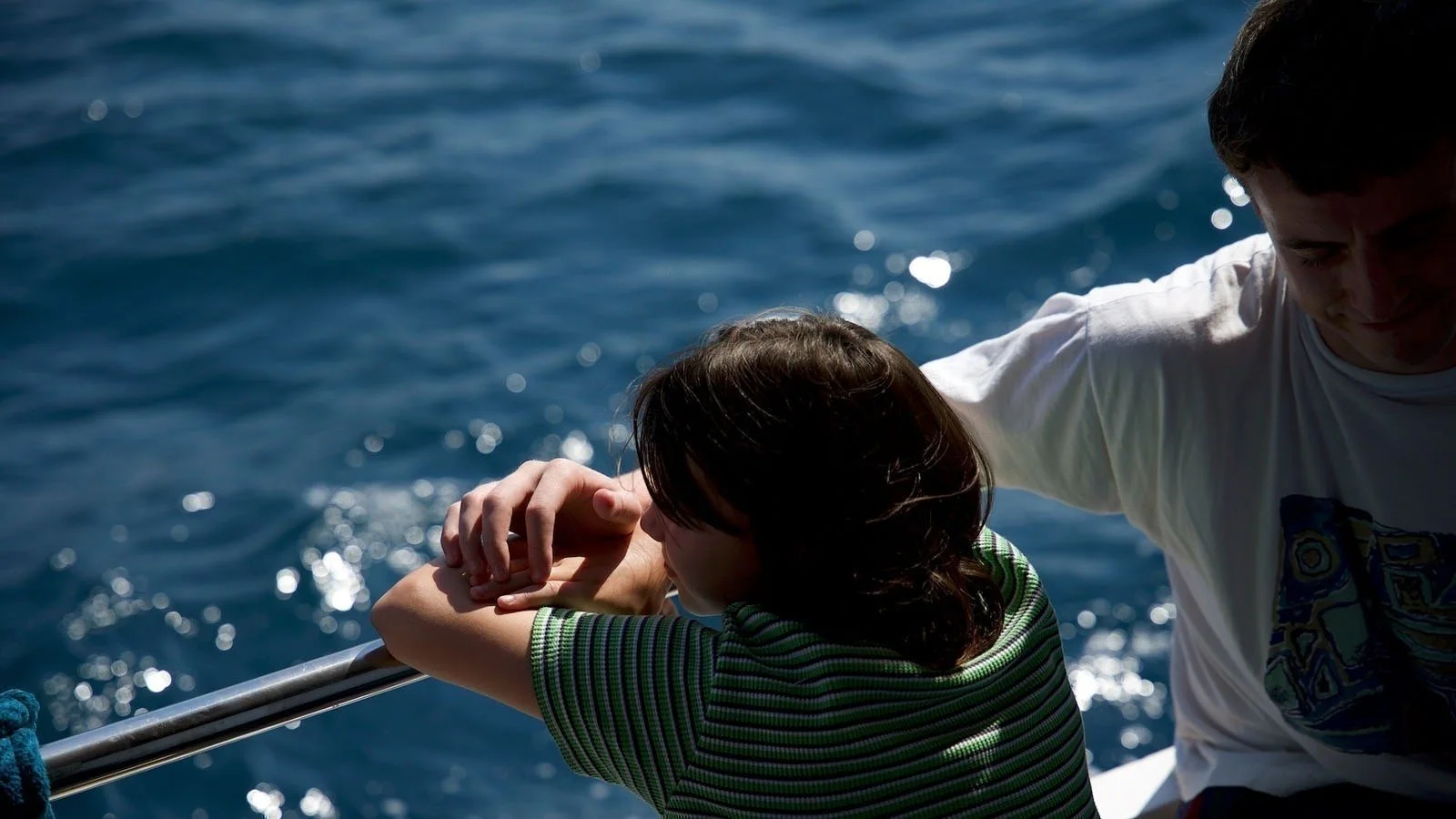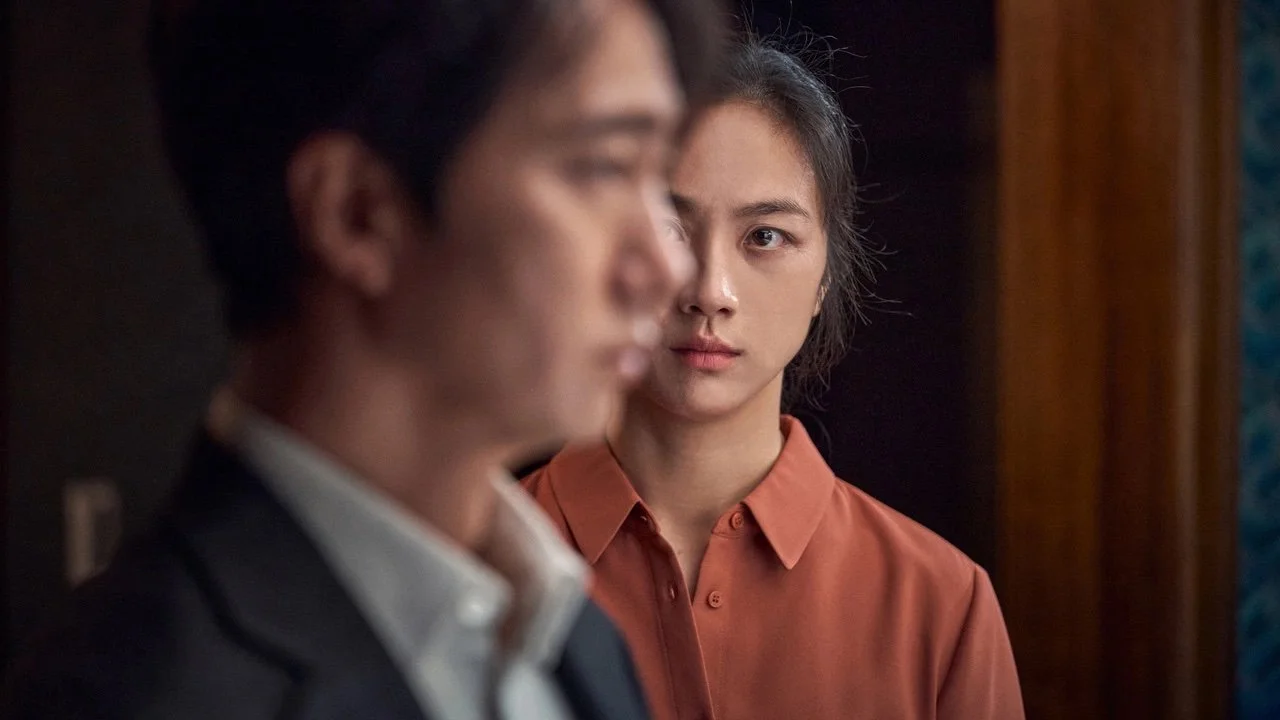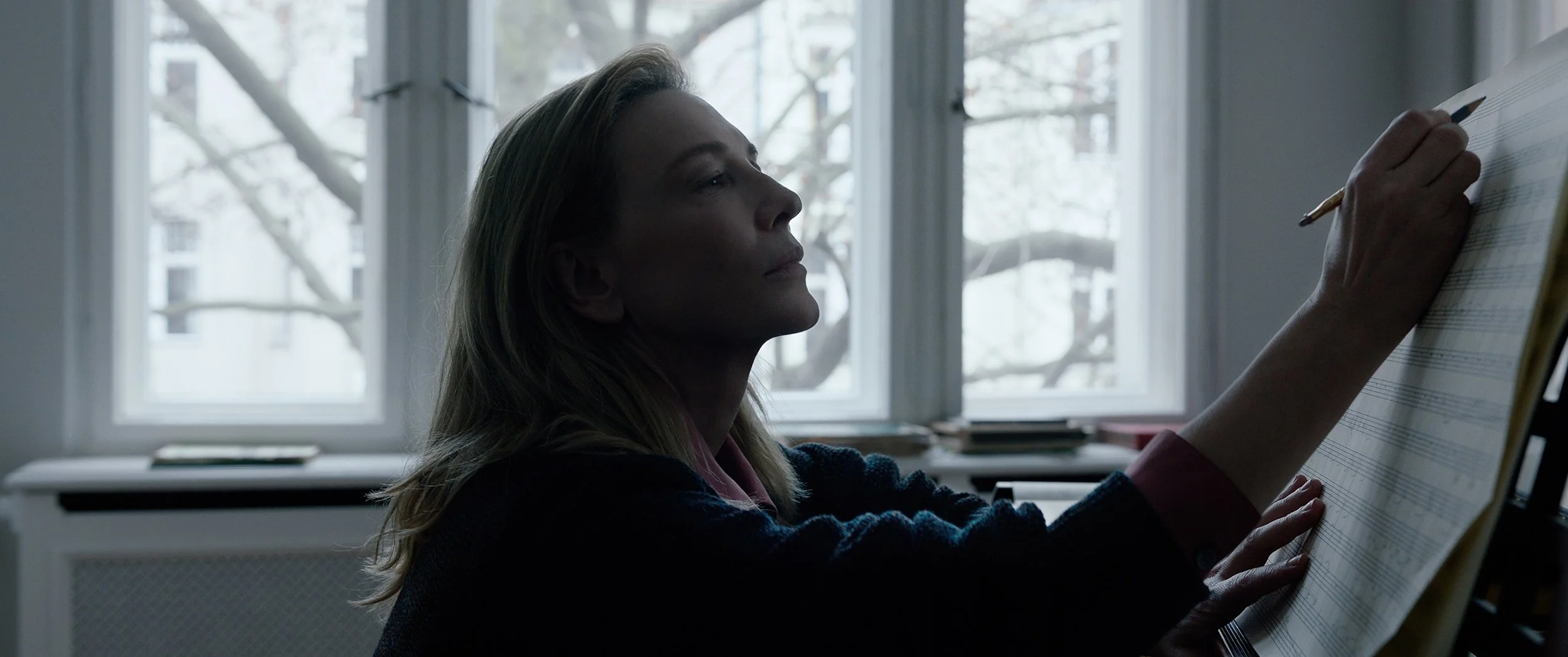Best Films of 2022
The truth is 2022 was not an exceptional year for cinema. Certainly, there were exciting big-budget Hollywood movies that delivered (Top Gun: Maverick, Avatar: The Way of Water), niche pictures that broke through to the mainstream (Everything Everywhere All at Once, Barbarian), and international films that had people talking (RRR, Triangle of Sadness), but the state of the industry is precarious. The box office was up from the previous two years but still down significantly compared to the pre-pandemic era and probably will never reach those heights again. Tech companies gobbled up historic studios and their vast libraries of classics. Major studios put fewer movies into theaters so they could boost their streaming platforms. Audiences opted to wait until VOD rather than venture to the cinema to support Steven Spielberg, the most commercially successful filmmaker of all time. These are all worrying developments for the future of the medium, including the theatrical moviegoing experience.
Playing a role in that decline is the domination of television. There is no ignoring the powerful sway TV has on popular culture and related discourse. And many projects that once would have been two-hour films are now sold as limited series. The cinematic form will always be my preference, but I admit I watched a lot of great television programming in 2022, and I would be remiss to omit it here. Because I did not see some of the biggest or most acclaimed shows, like Stranger Things, House of the Dragon, The Lord of the Rings: The Rings of Power, Industry, Pachinko, or Wednesday, I will simply list my favorite TV series of the year with a note:
Severance - No way was there a better episode of TV in 2022 than this S1 finale. I was so tense that I paced around the room. Can I sever my brain to watch it again for the first time?
Irma Vep - The super-metatextual expansion of Assayas’ own film I didn’t know I needed.
Andor - The best Star Wars anything since the original trilogy. Enriches and grounds that world in a profound way.
Better Call Saul - Ultimately not quite BrBa level, but it’s close. Lalo is one of the great TV villains—step aside, Gus Fring.
Atlanta - Two topical, hilarious seasons to conclude the series on a high note.
The Bear - Incredible verisimilitude and anxious energy.
The White Lotus - Even smarter and funnier than S1.
The Rehearsal - Is Nathan Fielder a sociopath or a genius? Maybe both?
Yellowjackets - (Started in ’21 but ended in ’22, so it’s eligible imo.) Just a compulsively watchable thriller.
“Soldier of Illusion, Parts 1 & 2” from Documentary Now! - A brilliant Herzog parody.
Honorable Mentions: The Righteous Gemstones, Hacks, Slow Horses, The Dropout
But even if television outclassed cinema in 2022, there were still a number of memorable movies that kept me coming back to the theater throughout the year. Fascinating storytelling trends emerged, too. One that drew considerable attention is the preponderance of semi-autobiographical narratives from directors young (Charlotte Wells, Domee Shi, Ricky D’Ambrose) and old (James Gray, Alejandro González Iñárritu, Joanna Hogg, Richard Linklater, Steven Spielberg) alike. We also saw some big swings from established auteurs (Jordan Peele’s Nope, James Cameron’s Avatar sequel, Robert Eggers’ The Northman, Noah Baumbach’s White Noise, Damien Chazelle’s Babylon, Baz Luhrmann’s Elvis, Andrew Dominik’s Blonde, David O. Russell’s Amsterdam) with varying degrees of success. And, curiously, we had a number of romances in which passion blooms under unusual circumstances, including prison life (Great Freedom), volcano study (Fire of Love), the rise of the Nazi Party (Fabian: Going to the Dogs), COVID lockdown in Central America (Stars at Noon), a murder investigation (Decision to Leave), a djinn’s wish fulfillment (Three Thousand Years of Longing), cuckoldry (Deep Water), and cannibalistic hunger (twice!—Bones and All, Fresh). These three filmmaking motifs demonstrate how cinematic creativity continues to flourish even in the midst of challenging industrial shifts. Accordingly, 2022 had its share of good movies, and it’s important to champion them. Here are the 50 best films (roughly organized into three tiers of increasing enthusiasm) I watched last year:
[As always, eligibility for my list requires a commercial release, theatrical or digital, in the United States during the calendar year. I must note that several films showing up on other people’s 2022 lists can be found on my 2021 list, including The Worst Person in the World, Memoria, and Petite Maman.]
Cinema to Seek Out
Ambulance | Barbarian | Catherine Called Birdy | Compartment No. 6 | Confess, Fletch | Corsage | Descendant | The Eternal Daughter | Everything Everywhere All at Once | The Fabelmans | Fabian: Going to the Dogs | Flux Gourmet | Funny Pages | Glass Onion | Great Freedom | Happening | Hit the Road | In Front of Your Face | Kimi | Moonage Daydream | Murina | Navalny | The Northman | Pearl | Le Pupille | Resurrection | Riotsville, U.S.A. | A Short Story | Triangle of Sadness | White Noise
Honorable Mentions
ALL THE BEAUTY AND THE BLOODSHED
Laura Poitras’ film is a fusion of the biopic doc and the activist doc into a searing portrait of a photographer (Nan Goldin), the marginalized people she has sought to champion, and the legacies we intend for ourselves and others.
ARMAGEDDON TIME
James Gray's warts-and-all autobiographical coming-of-age film, about a kid whose eyes are opened to the socioeconomic reality and racial inequality outside his home, is a vital reckoning with the nation's past (and, sadly, present) through the microcosm of a Jewish family in 1980 Queens.
AVATAR: THE WAY OF WATER
James Cameron's long-awaited return to Pandora is superior to its predecessor, with unparalleled CGI and performance capture, beautiful underwater sequences, and massive action set pieces (the Cameron trademark). Be prepared to get misty-eyed over Pandoran whales!
THE BATMAN
A stylish film of striking imagery, this version of Batman is more detective than superhero—a welcome change of pace—and bears a distinctly 21st century angle on the Caped Crusader and Gotham City. Robert Pattinson is a perfect fit for the role. Better than The Dark Knight. [mic drop]
BENEDICTION
Shaping the biopic into a series of reflective memories (as he tends to do), Terence Davies crafts a melancholic heavy-hitter with some incredible dissolves and a magnetic Jack Lowden as British war poet Siegfried Sassoon.
BONES AND ALL
This gorgeous coming-of-age picture from Luca Guadagnino impossibly threads the needle in being both a warm, tender romance of young lovers and a chilly, grisly cannibal horror of desperate loners living on the periphery of 1980s America.
FIRE OF LOVE
Sara Dosa made the most romantic doc of the year with this account of the love and work of French volcanologists Katia and Maurice Krafft. It’s an idiosyncratic gem cut together from archival footage of the couple on their globe-trotting adventures of scientific discovery.
RETURN TO SEOUL
Certain to be a breakout for writer-director Davy Chou, Return to Seoul is an unpredictable, live-wire character study of a complicated young woman—played with incredible force by newcomer Park Ji-min—seeking clarity about her identity.
RRR
The most expensive Indian film ever made is a bromantic, operatic action epic. Despite the historical revolutionary figures at the center of this British Raj-set period piece, S. S. Rajamouli’s international hit resembles a superhero movie in its tone, scale, VFX, and sheer spectacle—but upstages Marvel at every turn.
TOP GUN: MAVERICK
Maverick eclipses the original in every regard. Unlike the 1986 blockbuster, this sequel gives dimension to its aging protagonist and supplies a high-stakes mission, resulting in breathless thrills. Director Joseph Kosinski and star Tom Cruise have crafted a terrific piece of big-budget Hollywood entertainment.
Top Ten
10. TURNING RED
(dir. Domee Shi)
Last year I declared Luca the best Pixar flick since Inside Out, but now that honor belongs to Domee Shi’s feature directorial debut, Turning Red. Drawn from Shi’s own experience and infused with a dose of allegorical magic, this snapshot of life as an adolescent Chinese-Canadian girl in 2002 Toronto is a delight. It boasts a fresh visual style, a sharp sense of humor, and a rich exploration of complex themes, including the awkward physiology of puberty and the sociocultural divide that can arise between immigrant parents and their second-gen children. With Turning Red and her 2018 short, Bao, Shi has asserted herself as an exciting new artist at Pixar.
—
9. THE BANSHEES OF INISHERIN
(dir. Martin McDonagh)
If you are a Reel Fanatics listener, you may have heard my less-than-glowing reaction to Martin McDonagh’s latest on first watch. Consider this a mea culpa, because on second viewing, I found The Banshees of Inisherin both deeply funny and profoundly sad. This tragicomedy about the sudden falling out of two friends living on an Irish island in 1923 is not only an incisive study of male pettiness and stubbornness but also a perceptive depiction of depression and isolation. And it’s all performed by an electric ensemble of excellent character actors, including Colin Farrell, Brendan Gleeson, Kerry Condon, and Barry Keoghan. This is McDonagh’s best film yet.
—
8. EO
(dir. Jerzy Skolimowski)
Polish filmmaker Jerzy Skolimowski has had a long and illustrious career, but this Cannes Jury Prize winner ranks among his greatest works. At once elemental and alien, EO is the picaresque journey of a donkey traversing the modern-day Polish landscape and encountering a host of humans who pull him into their orbit, if for but a fleeting moment. With a nod to Robert Bresson’s Au Hasard Balthazar, the film is a tone poem of narrative digressions all set to Paweł Mykietyn's majestic score. It is a mesmerizing collision of sound and image.
—
7. NOPE
(dir. Jordan Peele)
Jordan Peele conjures unforgettable imagery from sui generis stories, and this movie is his most stylistically accomplished yet. Nope, about a brother and sister whose horse ranch becomes the target of a camouflaged object in the sky, is a cogent thematic expression of terror: the human impulse to attempt to control that which is uncontrollable and unpredictable (whether it be a wild animal, an anomalous phenomenon, or something else), and the catastrophic consequences when that impulse is not kept in check. It presents a rich text of predator-prey dynamics, the commercialization of trauma, and the exploitation of spectacle while also satisfying as a thrilling sci-fi horror with some of the year’s best cinematography and sound design.
—
6. NEST
(dir. Hlynur Pálmason)
Pálmason’s Nest is the first short that I’ve ever put on a year-end top ten! In just 22 minutes, he crafts a charming little hangout narrative about three unsupervised kids (his own) as they play outside during the year-long construction of a treehouse. The Icelandic filmmaker tells this story through the fixed point of view of a static camera that captures the changing of the seasons in precisely 70 breathtaking, painterly images—each successive shot texturally and colorfully distinct from the last. Juxtaposed with this formal rigor is the understated warmth and joy of these siblings just being kids. There's both a specificity and universality in its snapshot of a childhood experience.
—
5. THE CATHEDRAL
(dir. Ricky D’Ambrose)
D'Ambrose’s second feature, a semi-autobiographical family drama about the life of a boy named Jesse, is a quintessential portrait of middle-class white America at the close of the 20th century. Spanning twenty years that are marked by news footage from major political events, The Cathedral tracks how Jesse’s family evolves as he grows up. But the approach to narrative prioritizes the fragmentary image: a melting, mostly-consumed ice cream cake from a birthday; patterns of daylight cast upon the carpet of a room; the illustrated pages of a children’s book. These fragments then take on greater meaning as the narrative expands, such that the film, despite running a mere 87 minutes, plays like a family epic in miniature.
—
4. CRIMES OF THE FUTURE
(dir. David Cronenberg)
Cronenberg returns after an eight-year absence to serve up a darkly atmospheric and provocative exploration of the physical and intellectual evolution of humankind. Crimes of the Future, a dystopian but satirically funny sci-fi tale centered around an artist couple who perform live surgeries on new human organs, is a fitting late-period work from the Canadian master in that it operates as the logical endpoint of body horror, where the aberration, the grotesquerie, of the human form is culturally embraced, normalized, and fetishized. Long live the new flesh, indeed.
—
3. AFTERSUN
(dir. Charlotte Wells)
Scottish filmmaker Charlotte Wells announces herself as a major talent with Aftersun, the year’s strongest feature directorial debut and its premier work of autofiction. This gentle, impressionistic memoir-based picture orients the viewer in the protagonist’s adult perspective as she reflects on a vacation to Turkey that she took with her father two decades earlier. It is a collection of moments filtered through one’s memories (and old video footage) that grapples with the reality that we cannot ever truly know our parents. Not until it culminates in a sublime music-driven finale does the weight of its emotional impact register—and then linger for days after.
—
2. DECISION TO LEAVE
(dir. Park Chan-wook)
Park follows up the masterful The Handmaiden with another twisty and elegant romantic thriller. Decision to Leave, about a police detective who becomes intimately entangled with a woman suspected of murdering her husband, is a film that demands multiple viewings: one to unravel its mysteries and appreciate the precision plotting, and a second to consider its haunting inquiry into obsession and revel in the menacingly seductive mood. The triumph of Park's work is that it wows as psychological odyssey, accomplished formalism, and slick entertainment all at once.
—
1. TÁR
(dir. Todd Field)
Todd Field’s first film in 16 years is a doozy. It is a cold and cryptic character study of a brilliant composer-conductor, (the fictional) Lydia Tár, portrayed with ferocity by Cate Blanchett in the performance of the year. It is a provocative portrait of a celebrated artist who has painstakingly constructed an image of herself for the public that obscures the rot in her soul. It is an eerie psychodrama of creeping paranoia and the tortured ghosts of one’s past. It is a mirror for this cultural moment: specifically, the 21st century post-pandemic zeitgeist of a society dominated by social media, controversial celebrities, revelations of abuses of power, and crisis management. It is a Rorschach test in that one’s reaction to the neutral presentation of ideas says more about the viewer than the film. It is a filmmaker demonstrating a command of the form with a clever narrative structure, immaculate photography, precisely calibrated sound, an uncommon patience, and a sardonic wit. Tár is a motion picture for all time in our time about this time.
—
